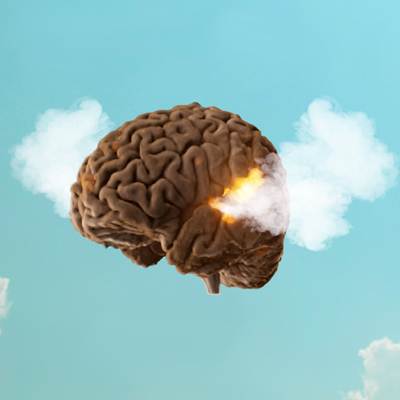Learn how artists, scientists, and school students created an innovative science engagement space to explore the promises and challenges of AI in future healthcare.
Join us for the Panel Discussion on “Transformative Spaces: Science-Art Residencies” followed by the Exhibition Opening of “The BOX” on 18:00-20:00 Friday, 5 April, as part of the 2024 Edinburgh Science Festival.
*See Venue Update
About the Panel
This panel will take place at Informatics Forum (please note venue change) and brings together Fiona Smith (Creator-in-residence), Matthias Günther and Bianka Hofmann (Fraunhofer MEVIS) and Caterina Mouruzzi and Nicola Osborne (Institute for Design Informatics, University of Edinburgh), to give insights into the “STEAM Imaging V” residency. Join this event to learn how artists, scientists, and school students created an innovative science engagement space to explore the promises and challenges of AI in future healthcare.
Exhibition Opening
This panel will be followed by a drinks reception in Inspace Gallery, opening the exhibition, ‘The BOX’ where audiences will be able to experience the interactive installation, as part of the 2024 Edinburgh Science Festival.
Event details
Fri, 5 Apr 2024
6-8pm
Free | Booking required
Panel Event: Informatics Forum, G.03, 10 Crichton St, Newington, Edinburgh EH8 9AB (*venue change)
Exhibition Opening: Inspace Gallery, 1 Crichton St, Newington, Edinburgh EH8 9AB
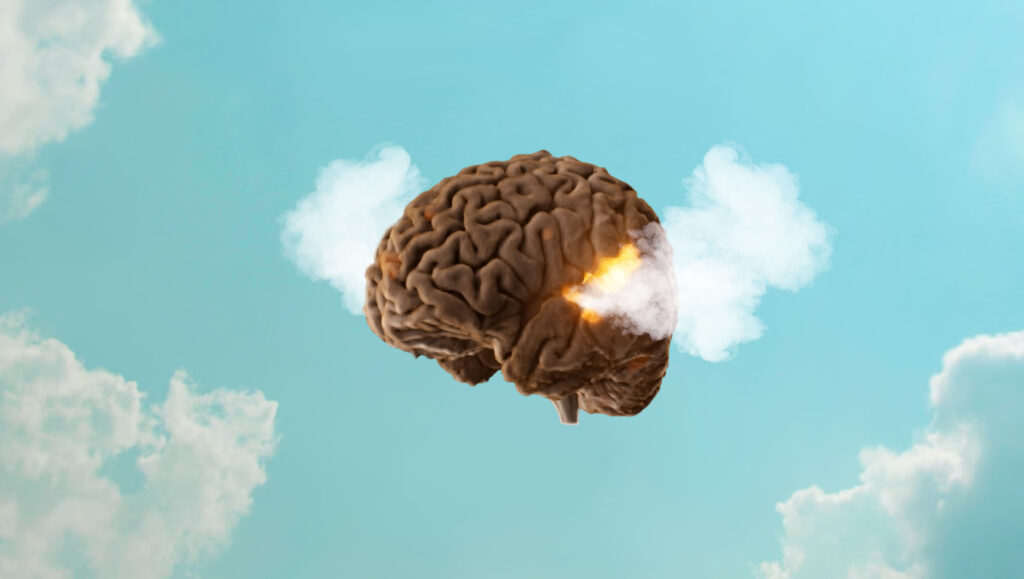
Guest Speakers
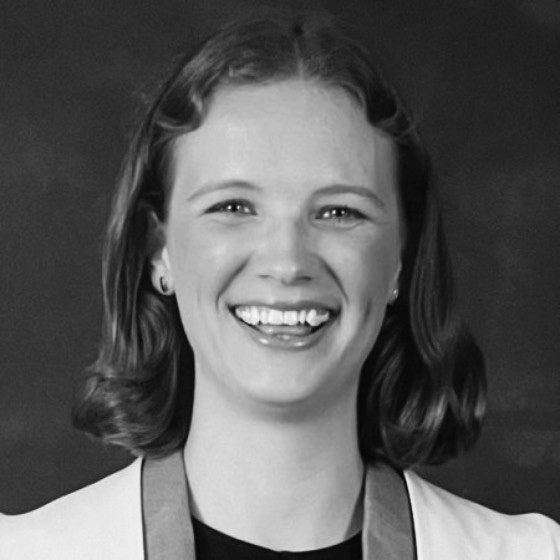
Dr Fiona Smith is a doctor and an AI scientist whose passion for art has led her to exploring multimedia approaches for public engagement throughout her career.
Fiona is a graduate of the University of St Andrews and the University of Manchester Medical Schools. She completed her foundation training in South East Scotland and her Plastic Surgery Themed Core Surgical Training in North East England. In 2021 she joined the CDT for Biomedical AI at the University of Edinburgh, where in addition to investigating AI applications in surgery for her PhD, she is a tutor for Case Studies in AI Ethics.
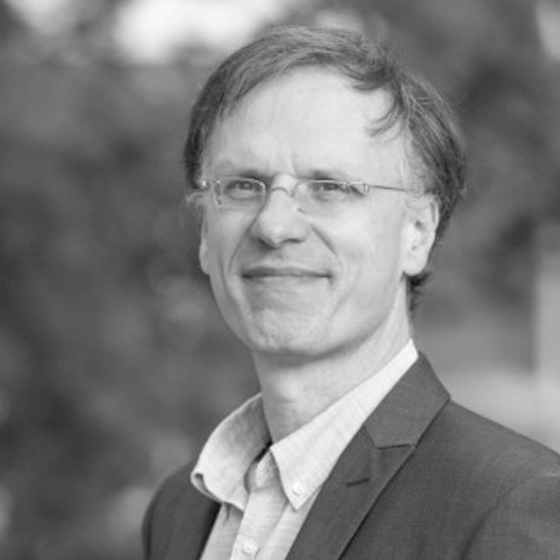
Matthias Günther studied Physics at the University of Heidelberg and did his Ph.D. at the Cancer Research Center in Heidelberg on sophisticated Magnet Resonance Imaging development and applications. After receiving his Ph.D., he joined Advanced MRI Technology, a company founded by David Feinberg in California. After three and a half years, Dr. Günther came back to Germany to found his own company in Heidelberg, mediri GmbH, offering (research) services for image-based clinical trials. He also continued his scientific career at the university hospital Mannheim. After Habilitation in 2008, he became Professor at the University Bremen and joined Fraunhofer MEVIS in Bremen as part of the management board. He is now deputy institute director of Fraunhofer MEVIS with a joint professorship on MR-Physics
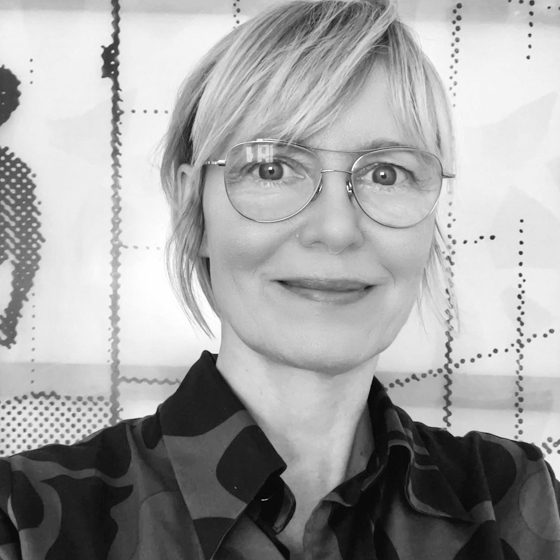
Bianka Hofmann is a producer and developer of contemporary formats to inspire experiences with new technologies, incorporating spaces for artistic practice and reflection in the humanities. Through this approach, she wants to enable a diverse audience to build an emotional and positive relationship with science and technology while avoiding uncritical optimism. Hofmann initiates, produces, and directs intersectional projects leveraging deep scientific knowledge within programs, productions, services, and workshops across science, integrating art. Specialized in the transdisciplinary transfer of knowledge through interactive experiences, she has delivered interactive exhibits and immersive experiences encompassing 2D-large-scale and 3D short films. Hofmann leads an international artist residency program at a research institution, including participatory STEAM courses to stimulate critical dialog about and widen the ownership of new technologies. She works presently as Head of Science Communication at Fraunhofer MEVIS.
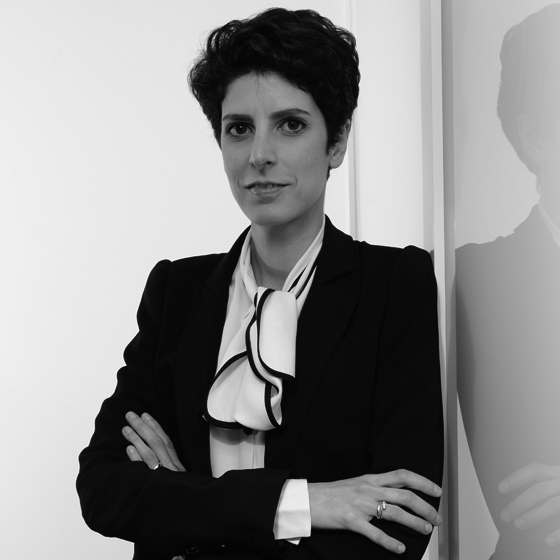
Caterina Moruzzi is a Chancellor’s Fellow in the Institute for Design Informatics, School of Design and research affiliate of the Edinburgh’s Futures Institute at the University of Edinburgh. Her research lies at the intersection between the philosophy of art, history and philosophy of human and artificial creativity, and the philosophy of AI. She holds a Ph.D. in philosophy from the University of Nottingham and an artist diploma in piano performance from the Conservatorio G.B.Martini, Bologna, Italy. In her ongoing projects, she collaborates with researchers, artists, and technology companies to investigate modes of shared agency and creativity between humans, data, and technology.
Panel Chair
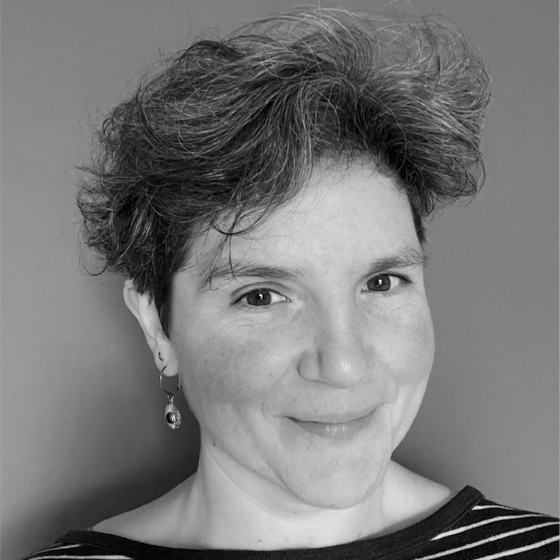
Nicola Osborne (they/them/she/her) is Manager of the Institute for Design Informatics at the University of Edinburgh, EDI and Industry Partnerships Lead for the new UKRI AI Centre for Doctoral Training for Responsible and Trustworthy in-the-world NLP, and a co-investigator of the AHRC-funded CoSTAR Real-Time Lab. Nicola also manages Creative Informatics, supporting creative people to do innovative things with data. They also work on the EU-funded EKIP: Cultural and Creative Industries Policy Engine project, looking at how policy interventions can support creative innovation across Europe. Nicola is co-editor of forthcoming book: Data Driven Innovation in the Creative Industries (Routledge, April 2024).
Related News and Programming
-
STEAM Imaging VI: Q&A Event
Read more: STEAM Imaging VI: Q&A Event14:00-13:00, WED 7 MAY, 2025
-
STEAM Imaging VI: Resonant Connections through Design and Data
Read more: STEAM Imaging VI: Resonant Connections through Design and DataSTEAM Imaging VI: Resonant Connections through Design and Data – Engagement in MRI Sequence Development, Using No-Field, Low Field and Research MRI Scanners This is a Call for Creatives, postgraduate PhD students, across the University of Edinburgh, for a Residency & Science Engagement Programme. Closing Date for Applications: 2 June 2025
-
Announcing Call for Creatives for STEAM Imaging VI: Resonant Connections through Design and Data
Read more: Announcing Call for Creatives for STEAM Imaging VI: Resonant Connections through Design and DataWe are delighted to announce this new Call for Creatives across the University of Edinburgh, with the residencies’ host, Fraunhofer MEVIS, for a Residency & Science Engagement Programme. This is an exciting new and unique opportunity for postgraduate PhD students to explore and demystify Magnetic Resonance Imaging (MRI)
